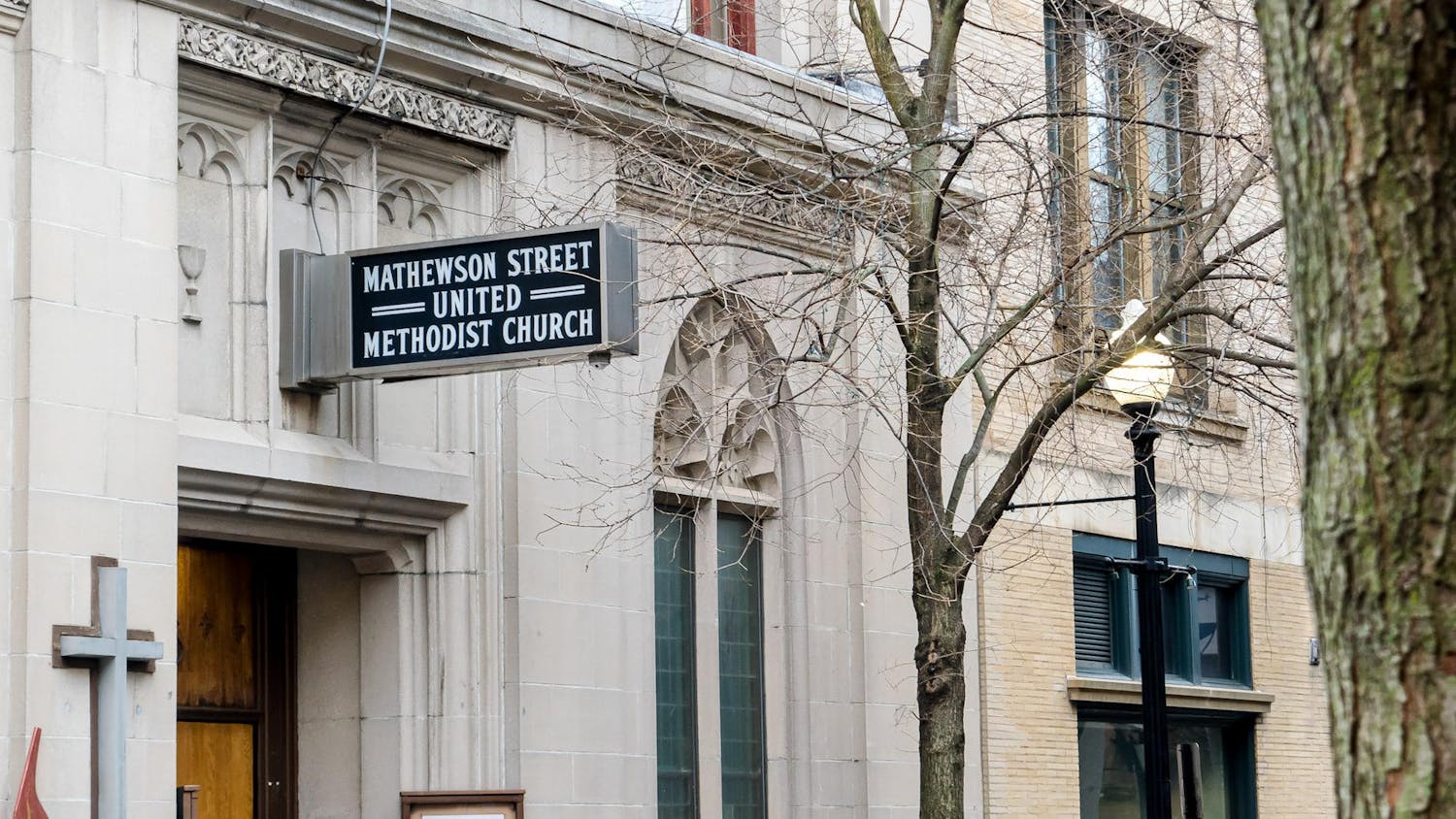A bill passed in the state Senate last Tuesday would make Rhode Island's health care exchange one of the most restrictive in terms of abortion access.
Called for under federal health care reform, health care exchanges are intended to provide an easy framework to compare and purchase private health care plans. Ideally, the exchange would improve health care coverage, expand access, promote competition and reduce costs.
But Tuesday's last-minute amendment, added to the state bill by Senate President Teresa Paiva Weed, D-Jamestown and Newport, would prevent women from purchasing insurance plans that cover abortions through Rhode Island's exchange. Women would instead have to buy separate coverage for abortion.
Yesterday, state legislators in the House took up a version of the bill without the controversial amendment.
"I signed on when it was a clean version of the bill," said Sen. Rhoda Perry, D-Providence. Perry chairs the Senate Health and Human Services Committee, which approved the bill before it went to the Senate floor. After learning that the bill's language places more severe restrictions on abortion access than the federal law does, Perry voted against it.
Perry said she feels the legislation will particularly affect the state's poorest women.
Other government officials have also come out against the amendment, including Gov. Lincoln Chafee '75 P'14 and Lt. Gov. Elizabeth Roberts '78. Roberts leads the Rhode Island Health Care Reform Commission, which aids the state in implementing health care reform. "She felt the language was unacceptable," said Roberts' spokeswoman Maria Tocco.
Under an eleventh-hour compromise that paved the way for passage of the federal legislation, private plans offered on the exchanges may cover abortion, but no federal funds can pay for the procedure.
Pro-life interest groups that were disappointed with the federal law's abortion provisions lobbied Paiva Weed forcefully to include the amendment, Perry said.
"It's a back-door ban," said Kate Brock, executive director of the political advocacy group Ocean State Action. Brock said the abortion provision of the state bill appears similar to the federal abortion amendment, but actually forces women to buy additional abortion coverage. Little demand exists for such coverage because women do not generally plan for abortions, Brock said.
Some believe the amendment does not do enough to break ties between abortion and government. "I can assure you the pro-life community does not consider this as any sort of victory," said Barth Bracy, executive director of Rhode Island Right to Life. "The language merely prevents the abortion industry from gaining the full amount of the windfall they had anticipated."
But opponents argue the language adds unnecessary specificity to the bill, which is meant to be a blueprint for a future exchange. Brock said the amendment damages Rhode Island's reputation as an innovator in health care.
Similar amendments to exchange bills concerning abortion have already come up in Virginia, Utah, Missouri, Mississippi and Florida, Brock said. Should the bill pass in its current form, Rhode Island would be the first decidedly blue state to approve language preventing exchanges from offering plans that cover abortion.
"We've taken strong steps. We have tremendous leaders in health care," Brock said. "To take a step backwards is a horrible precedent."




